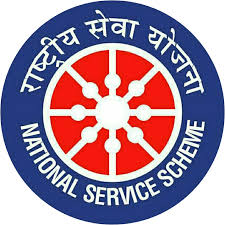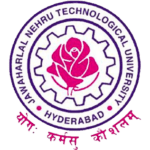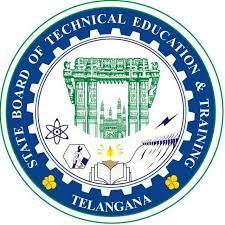







The Department of Electrical Engineering was formed with the primary objective of providing quality education in the field of Electrical Engineering, while addressing the problems of today and tomorrow. Right from its inception, the department has been offering excellent infrastructural facilities with a variety of platforms for aspiring professional students to meet the growing demands of the Electrical industry.
The Department of Electrical and Electronics Engineering was established in 2008 with Undergraduate Programme B.Tech. Electrical and Electronics Engineering. The department endeavours to produce confident professionals tuned to real time working environment. The department offers excellent academic environment with a team of highly qualified faculty members to inspire the students to develop their technical skills and inculcate the spirit of team work in them. The strength of the department lies in the highly motivated students who understand the dynamics of the industry and hone their skills accordingly. We focus on bridging the gap between campus education and industry needs through internships, guest lectures and workshops.
The Electrical Machines Laboratory supports teaching; research and consultancy work on Electrical machines and drives. Through hands-on experiments with real machines, students gain practical experience on transformers and various types of machine drives. The laboratory can also be used for project work related to electrical machines and energy conversion.
Circuits and devices used for switching power converters, solid-state motor drives, and power controllers; dc-dc, ac-dc, and dc-ac converters and applications; high-power transistors and magnetic components; design considerations including heat transfer.
The Control Systems Laboratory introduces students to the implementation of PID-controllers, and two-step controllers, to first order delay, as well as third order delay, systems using educational PID boards and DC servo boards. Six numbers of PLC kits available for doing industrial application based experiments. Experimentations and analysis use industrial standard oscilloscopes, and data-acquisition boards interfaced via SIMULINK/MATLAB.
Power System Simulation Laboratory is a computer model that mimics the operation of a real or proposed Power Engineering system. Simulation tool helps in validating the ideas and new concepts which born’s in an engineer’s mind which seeks for solution to a problem. Sophisticated Computer programs are used in Power Engineering Simulation Laboratory for the purpose of analysis and design in the following domains.
The Measurement and Instrumentation laboratory in Electrical and Electronics Engineering (EEE) Department has the objective to familiarize the student with the operation of basic laboratory instrumentation such as Energy meter, multimeter, frequency counter, voltmeter, Ammeter and also with personal computers and circuit simulators such as Pspice and Workbench etc. To understand the experiments student must understand the theory of the circuits under test, and the instruments used to test them.
In the Electrical Circuit Lab students can create their own electrical circuits and do measurements on it. The electrical circuits are limited to DC (direct current). There is also a version of the Electrical Circuit Lab in which data can be collected. Students can analyze the collected data by creating graphs of the data and use the graphs in the conclusion tool. Harmonic Analyzer is also available for measuring and analyzing the data’s.
Engineering workshop Lab covers all the basic engineering lab practices in the Civil, Mechanical, Electrical and Electronics areas. The lab deals with the various tools to be used and exercises to be practiced in the application of engineering. .